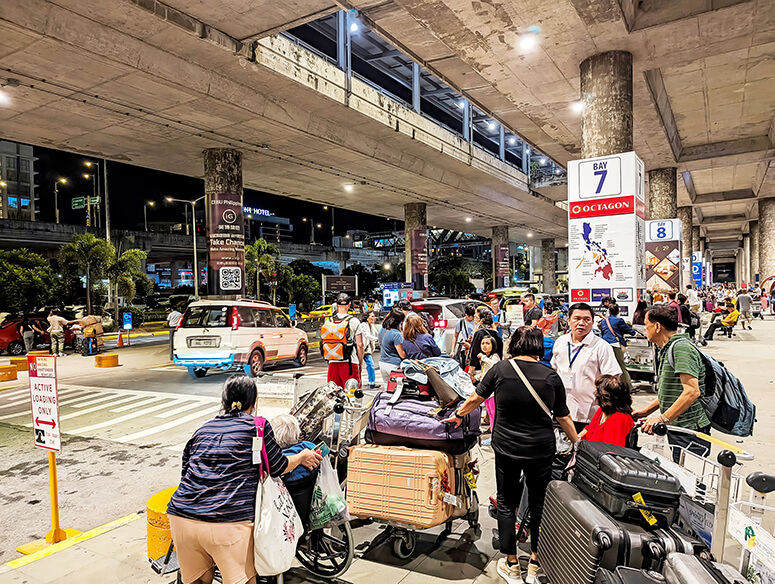OFWs send billions of dollars back home annually, providing a main source of income for many Filipino families. These remittances boost household consumption, stimulating local economic activity and growth and creating jobs. The recent data from the Philippine Statistics Authority (PSA) shows around 2.16 million Overseas Filipino Workers (OFWs)—from April to September 2023—continue to contribute to the country’s economy through remittances, sending home an estimated US$3.43 billion in cash in July 2024. These hardworking Filipinos sacrifice time away from their families, often dreaming of building a more secure and stable future for their loved ones. One of the key ways many OFWs are achieving this is by investing in affordable residential properties back home, an option that not only fulfills their dreams but also impacts the lives of their families.
More than just investments
For OFWs, purchasing a property is more than just securing an asset; it is about providing stability and safety for their families. In many cases, these homes serve as the center of family life, offering a permanent space where they can grow and thrive, far from the uncertainties that renting may pose. Affordable residential developments, particularly in emerging urban areas and provincial cities, have gained the attention of OFWs because they provide the chance to own a home at a reasonable cost without sacrificing accessibility and quality.

Impact on families and their lives
Owning a home offers a strong sense of security and belonging. For families of OFWs, having property in the Philippines can mean stability in the face of challenges associated with their breadwinner working abroad. Children are provided with a solid base to continue their studies, and the family unit can stay intact with the promise of better living conditions. It also eliminates the pressure and stress of fluctuating rent prices, giving the family financial peace of mind.
OFWs who own a home may find it easier to reintegrate into society when they return. They have a tangible reminder of their hard work and sacrifice—a place they can always come back to, grounding them in their communities.
Accessibility changes the game
The rise of affordable yet well-connected residential developments has been a game changer for OFWs. Properties near key transportation hubs, schools, and commercial establishments make living in such homes both convenient and practical. Developers are increasingly incorporating accessibility features in their projects, including proximity to airports and expressways, easing the OFWs’ long-term goals of frequent travel between their overseas jobs and the Philippines.
Government initiatives such as the Pag-IBIG Fund also play a crucial role by making housing loans more accessible for OFWs. These financing programs make home ownership within reach for those earning a modest income abroad, allowing them to invest in properties that are priced reasonably while providing ample amenities and strategic locations.
Vision for the future
As the property market in the Philippines continues to grow, especially in counter-magnet cities, OFWs have more opportunities to invest in affordable yet valuable properties. With a focus on sustainability and smart city features, many of these new developments promise to appreciate over time, ensuring that the home not only serves as a living space but also as an investment for the future.
As OFWs continue to find ways to make their sacrifices abroad worthwhile, purchasing affordable properties stands as one of the most significant and rewarding investments they can make for themselves and their families. With accessible financing options and a growing number of reasonably priced residential projects, they are closer than ever to realizing their dreams of a better, more secure life back home.
